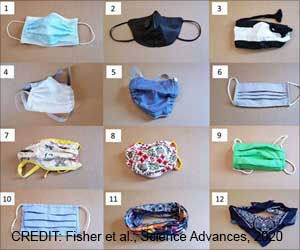ROLE OF ZINC IN HEALTH & DISEASE - ZINC AS A THERAPEUTIC AGENT
DR T R RAMANUJAM M.D., C.MI.Biol (Lond)
PROLOGUE
PHARMACOLOGY OF ZINC
DOSING INFORMATION
PRECAUTIONS FOR DIETARY OR SUPPLEMENTAL ZN THERAPY
RECOMMENDED INCREASE IN DIETARY INTAKE OR SUPPLEMENTATION IS NEEDED
ZINC SUPPLEMENTS (SYSTEMIC)
PATIENTS ON ZINC REQUIRE MONITORING OF THE FOLLOWING PARAMETERS
SIDE/ADVERSE EFFECTS OF ZINC
REFERENCES ON ZN DEF & USES
OTHER THERAPEUTIC USES OF ZN
PHARMACOLOGY OF ZINC
Zn is an essential element of nutrition and traces are present is wide range of foods. Zn salts( usually Zn sulfate) are used as supplements to correct Zn deficiency and have been used to treat large number of conditions because of an associated reduction in the concentration of Zn in the body. Zn sulfate is used orally at doses of 220 mg thrice daily in the treatment of acrodermatitis enteropathica and in Wilsonís disease ( other Zn salts like Zn gluconate, Zn acetate are also used).<![endif]>
Zn carbonate, Zn oxide, and Zinc chloride are used in Dermatological disease as astringents.
Zn hydroxybenzene sulphonate is used as a deoodrant and antiperspirant.
Zn sulfate is being used topically in ophthalmology as eye drops.
Pharmacokinetics of Zinc
The molecular weight of elemental Zn is 65.37 and Zn sulfate is 287.5 and the crude Zn sulfate is also known as white Vitriol orí white Copperas. Each gram of Zn sulfate represents 3.5 milli mole of Zn. Zn sulfate is approximately equivalent to 50mg of elemental Zn and its solubility is 1 in 0.6 ml of water and insoluble in alcohol. The UISP injection has pH 2-4 & stored in non-metallic containers.
Zn and its salts are poorly absorbed from GIT ( in duodenum and ileum) and only small portion of dietary Zn is absorbed and is widely distributed throughout the body and excreted mainly in the feces and only traces are found in the urine since kidney has little role in regulating body Zn content. Endogenous Zn be reabsorbed in ileum and colon creating enterohepatic circulation of Zn.
After absorption Zn is bound ibn the intestines to protein metallo thionein. Zn is primarily stored in RBCs, WBCs, muscle, bone,Skin, Kidneys, Liver, Pancreas,retina, prostate etc., The extent of binding is - Ė0% to plasma albumin, 30-40 % to alpha 2 macroglobulins or transferrin and 1% to amino acids like histidine and cysteine.
Peak plasma concentration occurs in approximately 2 hours and elimination is primarily fecal constituting 90% and small amounts in urine and sweat.











